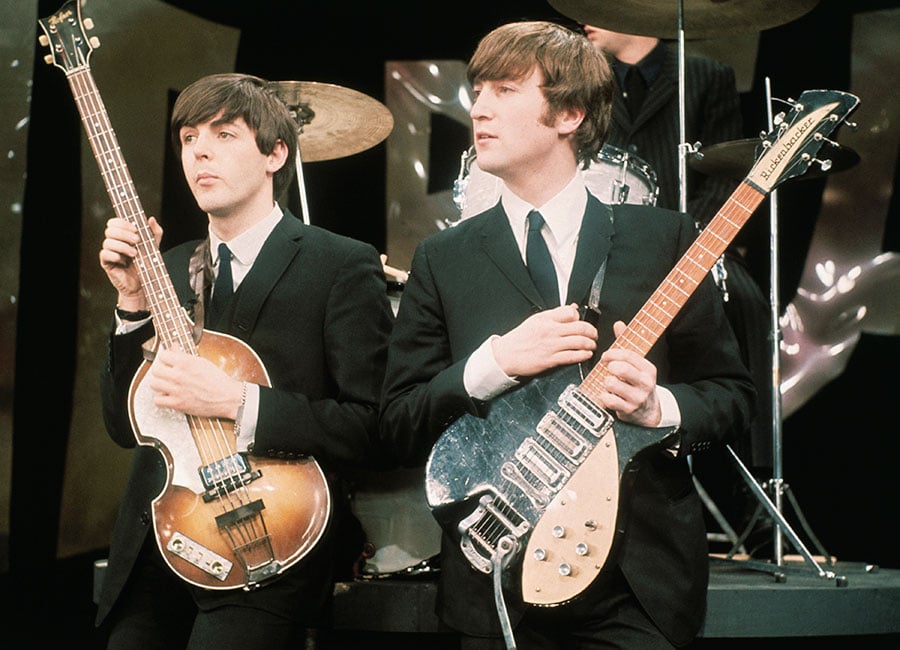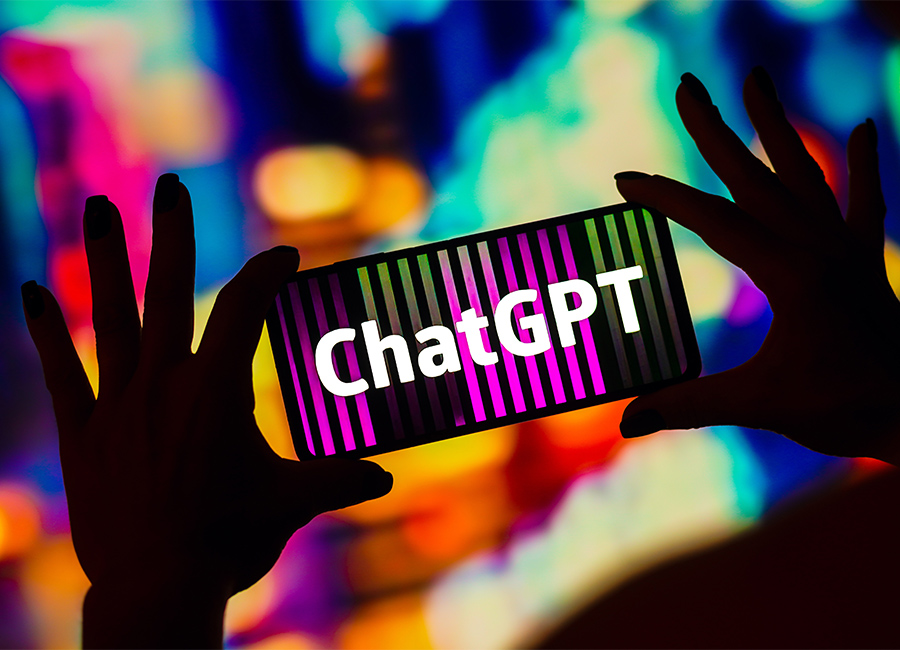Whether non-fungible tokens (NFTs) ultimately prove their advocates right and help to digitise the fine art market or turn out to be a bubble ready to disappoint investors itching to get rich quick, a number of musicians and their estates are taking advantage.
The tokens, which denote the ownership of a digital file on the blockchain, the online ledger that underpins cryptocurrency transactions, have been talked up as a way of introducing scarcity into the market for infinitely duplicable digital files.
NFTs can be any kind of digital file -- images, songs, GIFs, etc -- but detractors have criticised them for their environmental impact and mocked them as being worthless, with 'Right Click, Save As' quickly becoming both a meme and a stick to beat supporters with.
Collectives such as Bored Ape Yacht Club, which trades animated images of colourful monkeys on the Ethereum blockchain, have received large sums of money from John Terry and Eminem for personalised images -- and equal amounts of scorn from detractors.
Anybody boasting of their latest Bored Ape NFT purchase on Twitter will see their mentions fill up with people who have saved their prized image and claimed it as their own.
Intense mockery
The group and its disciples have also become the subject of intense mockery from critics who claim NFTs are worthless and deride them by 'right clicking' on their collectible images and saving them to their desktops, but a number of musicians have embraced the movement.
After Kings of Leon released their latest album as an NFT last year, New York indie rockers Interpol turned their 2011 collaboration with filmmaker David Lynch into a collectible token authenticated on the blockchain.
Since then, the names advocating for NFTs have only gotten bigger, with a collection of never-before-seen Nirvana photographs minted for what would have been Kurt Cobain's 55th birthday, and the news that Julian Lennon will auction off a collection of NFTs based on Beatles memorabilia gifted to him by his father, John Lennon.
The collection is made up of 'audio-visual collectibles' minted from items such as an Afghan coat worn by Lennon in the Magical Mystery Tour TV film, three Gibson guitars owned by the 'Imagine' singer, and notes for 'Hey Jude' handwritten by Paul McCartney.
All the NFTs will feature accompanying narration by Julian, with the online auction set to take place on February 7. The BBC reported that the bids for McCartney's 'Hey Jude' will begin $30,000 (€26,280), but they could sell for more than double the starting price.
Bob Dylan catalogue
Outside of NFTs -- which reportedly on average have a carbon footprint equivalent to more than a month's worth of electricity for the average EU resident -- a number of major artists have made money-spinning deals to sell their publishing rights.
Bob Dylan sold his catalogue of over 600 songs written during his six-decade career, including 'Like a Rolling Stone' and 'Blowin' in the Wind', to Universal for an estimated $300m in late 2020, and Bruce Springsteen followed suit in December, selling his publishing catalogue to Sony for a reported $500m.
Elsewhere, Taylor Swift has turned her former record label Big Machine's refusal to sell her the master recordings for her first six albums into a money spinner.
Big Machine was bought by Justin Bieber's manager Scooter Braun for $300m in a leveraged buyout partially funded by George Soros in 2019, much to the chagrin of Swift, whose lockout became a cause celebre for her militant fanbase.
Braun later sold the recording to a Disney-owned investment firm, but Swift has opened up a new revenue stream for herself (and surely degraded the value of the original masters) by re-recording and releasing several of the albums she doesn't control.
The 'Shake It Off' singer has already released expanded versions of her second and fourth albums, Fearless and Red, each song title suffixed with "(Taylor's Version)" when they arrive on streaming services to be devoured by her loyal legion of fans worldwide, and there's only more to come.
Photo: Paul McCartney (left) and John Lennon of the Beatles performing on the Ed Sullivan Show in 1964. (Pic: Getty Images)











